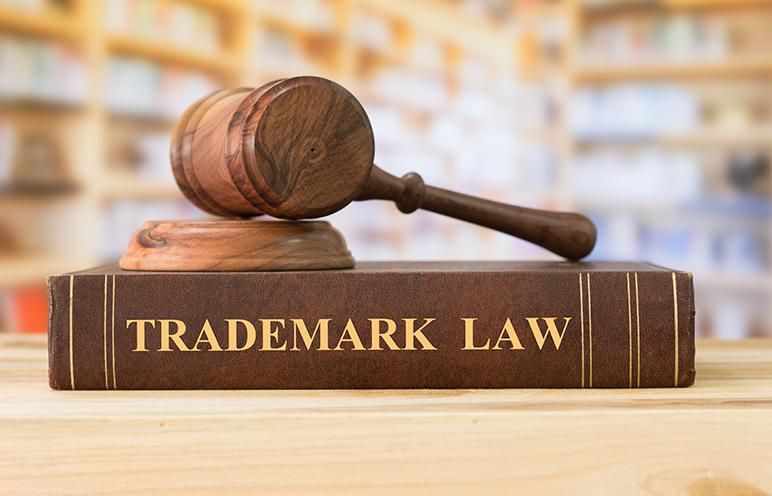The multiple types of trademark include the word marks, logo, colors, collective trademark and sound trademark etc. Any person can register his unique trademark under the trademark act 1999 to protect it from exploitation by any third person.
The need of enactment of trademark law was felt to protect and promote the ownership rights of the person over the outcomes of his creativity and innovation in the same way as they own a physical property. The first trademark law was passed in India in 1940 in order to overcome the difficulties of infringement and the law of passing etc. The trademark law 1940 corresponded with the English Trademarks Act. With the immense growth in trade and commerce, the need was felt to make improvements in the trademark Act 1940. The replacement of this act was the Trademark and Merchandise Act 1958. To provide for the registration, better protection of Trademarks and in order to prevent the exploitation of trademarks this act was enacted. To sum up, the aim of trademark Act 1958 was easy registration and better protection of trademarks and to prevent fraud.
Further, in order to meet with the TRIPS obligation on the recommendation of the WTO, the trademark act 1958 was repealed by trademark act 1999. The crucial objective of the Trademark Act 1999 was to confer the protection to the user of the trademark on his goods and prescribe conditions on the acquisition, and legal remedies for the enforcement of trademark rights.
Some of the major changes introduced through Trademark Act 1999 are as follows-
1. This act will provide protection to the service marks also.
2. It provided for the registration of collective marks also. A collective mark is a trademark owned by the organization and used by its members to identify them representing the level of quality, accuracy, geographical origin or any other characteristics set up by the organization.
3. Through the trademark act 1999, a difference between well-known trademarks and trademarks, in general, is stated. Further, special treatment and rights are predicted for well- known trademarks.
4. Moreover, the right to arrest was given to the police in case of infringement.
The present Trademark law 1999 and trademark rules 2002 aims to provide the protection to unique marks, symbols, logos etc. Further the protection is also extended to the non-traditional trademarks like the smell, sound, and color etc. Moreover it stated the exhaustive definitions of terms frequently used, enhanced punishment for offender and increased the period of registration,






